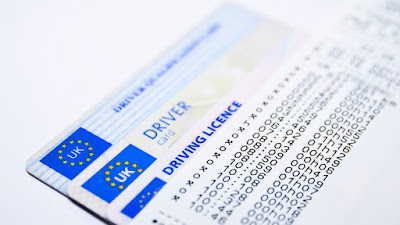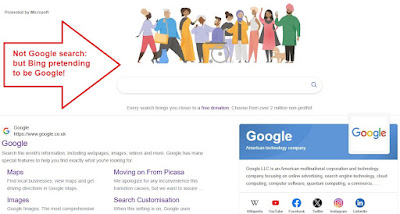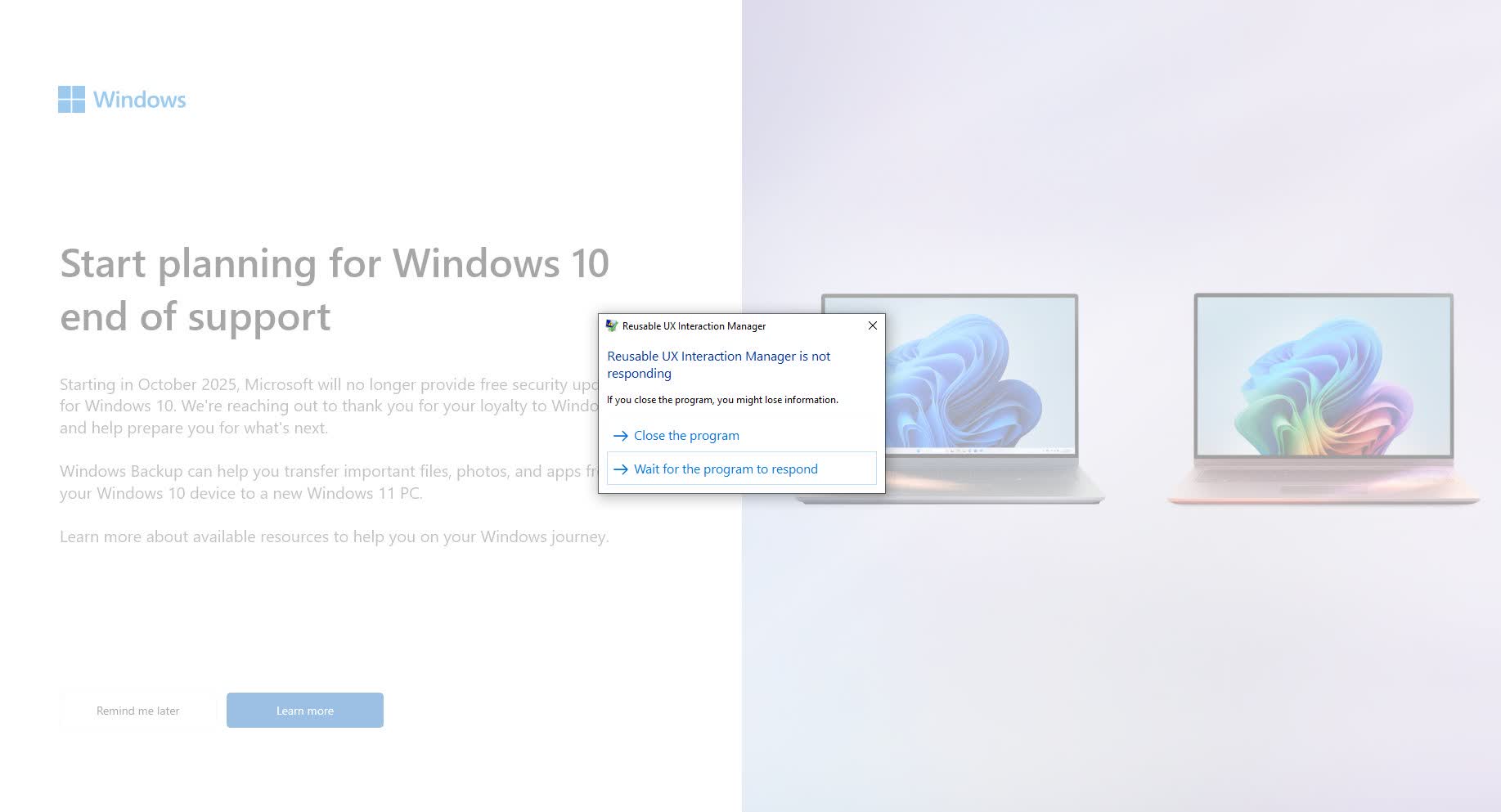UK ISP and TV provider TalkTalk says it's currently investigating claims made on cybercrime forums alleging data from the company was up for grabs.
An individual using the handle "b0nd" laid claim to a batch of data, which they claimed relates to nearly 19 million current and former customers of the British telco.
A TalkTalk's head of external comms, Liz Holloway, confirmed to The Register that the company was looking into the claims: "We're aware of these posts, we're investigating it at the moment.
"We think it relates to an external standalone data platform application that manages a small part of our customer base, but that's obviously owned and managed by an external third party."
The investigation is still in the very early stages and the third-party supplier wasn't identified, but it's understood the platform in question doesn't store billing details or any other sensitive information of that ilk.
Not great, but does sound familiar... Cast your mind back a few years - when a Boy (17) pleaded guilty to the infamous TalkTalk hack where personal data belonging to up to 21,000 TalkTalk customers could have been used for scams and fraud. Also, they are having significant financial issues at the moment.















